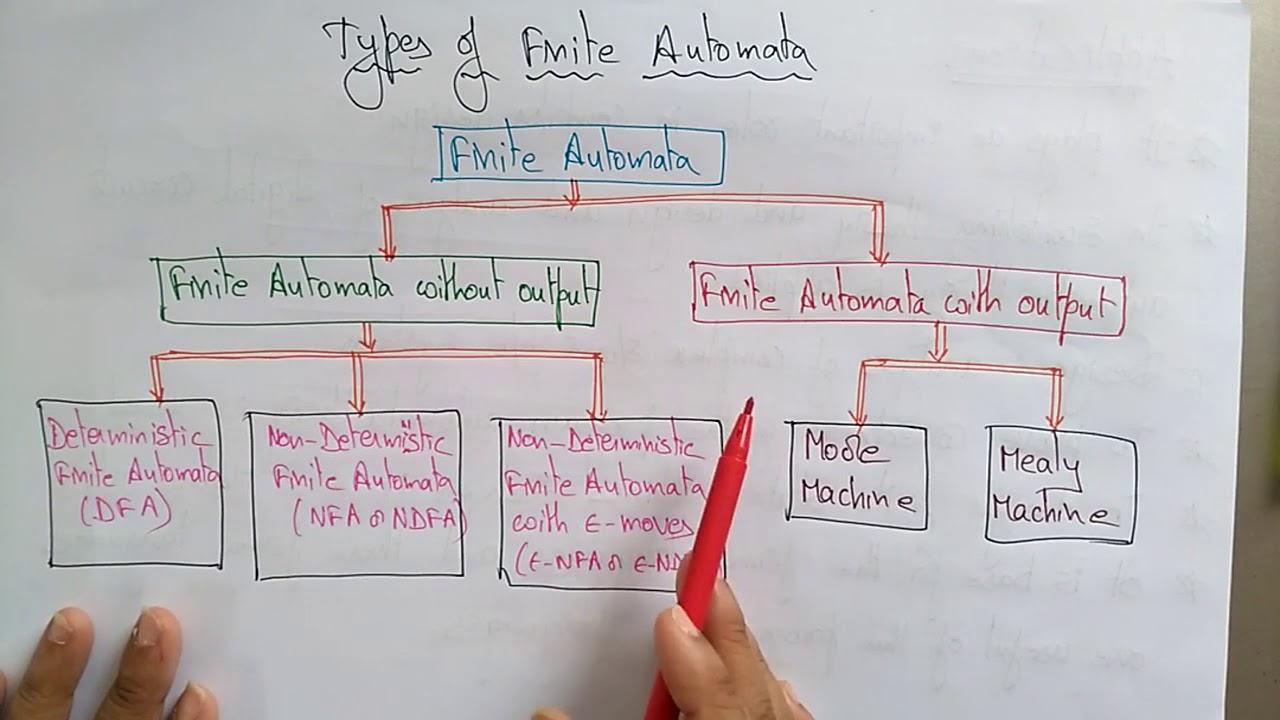The Significance of Finite Automata in Web Development

Finite automata play a crucial role in web development, influencing computer behavior, programming language structures, and program reasoning rules. The systematic exploration of these regular patterns has significantly shaped computing theory, offering theorems, techniques, and a paradigm that deeply impacts modern computing. This evolution, traced from Kleene's 1951 theorem on regular events to recent (circa 1976) advancements in computational complexity and algorithmic logic, highlights the enduring and profound effects of finite automata in the field.
-
Regular Expressions and Lexical Analysis:
- Regular expressions, a powerful tool for pattern matching, are closely associated with finite automata. DFAs and NFAs are often used to implement regular expression engines, facilitating tasks such as input validation and lexical analysis in web development. This is particularly useful in form validation, where patterns for valid input can be defined using regular expressions and implemented using finite automata.
-
URL Routing:
- In web development, routing is the process of determining how an application responds to a client request. Finite automata can be employed to model URL routing systems, where the states represent different routes and transitions represent the navigation paths. This ensures efficient and organized handling of various URLs within a web application.
-
String Matching Algorithms:
- String matching is a fundamental operation in web development, especially when dealing with data retrieval and manipulation. Finite automata algorithms, such as the Knuth-Morris-Pratt algorithm, provide efficient ways to search for patterns within strings. These algorithms are utilized in tasks like searching for keywords in a document or parsing user input.
-
State Machines for Workflow Management:
- Web applications often involve complex workflows with multiple states and transitions. Finite state machines (FSM), a type of finite automaton, are employed to model and manage these workflows. FSMs help in maintaining the state of the application and defining how it transitions between different states based on user interactions or system events.
-
Lexical Analysis in Parsing:
- Finite automata are extensively used in the lexical analysis phase of compiler construction, which is essential in parsing and interpreting programming languages. Web development frameworks and tools that involve template languages or custom scripting languages can benefit from lexical analysis powered by finite automata.



Sponsorluk
Site içinde arama yapın
Sponsorluk
Sponsorluk
Kategoriler
- Web Development
- Art
- Causes
- Crafts
- Dance
- Drinks
- Film
- Fitness
- Food
- Oyunlar
- Gardening
- Health
- Home
- Literature
- Music
- Networking
- Other
- Party
- Religion
- Shopping
- Sports
- Theater
- Wellness
Read More
Steps of WordPress security
Keep WordPress Updated: Regularly update your WordPress core, themes, and plugins to patch...
A Journey Through the Oldest Content Management Systems in Web Development
Content Management Systems (CMS) have become the backbone of modern web development, enabling...
Elevate Your Online Presence: Top Strategies to Maximize Public Engagement
In the competitive landscape of digital marketing, public engagement stands as a critical metric...
Crawler Excavator Market: Industry Analysis, Size, Share, Growth, Trend And Forecast 2023 - 2032
In the realm of heavy machinery and construction equipment, the crawler excavator...
Duplex Stainless Steel Pipe Market Booming Segments; Investors Seeking Stunning Growth, Size, Forecast 2032
Introduction
Stainless steel has long been a staple in various industries due to its exceptional...




